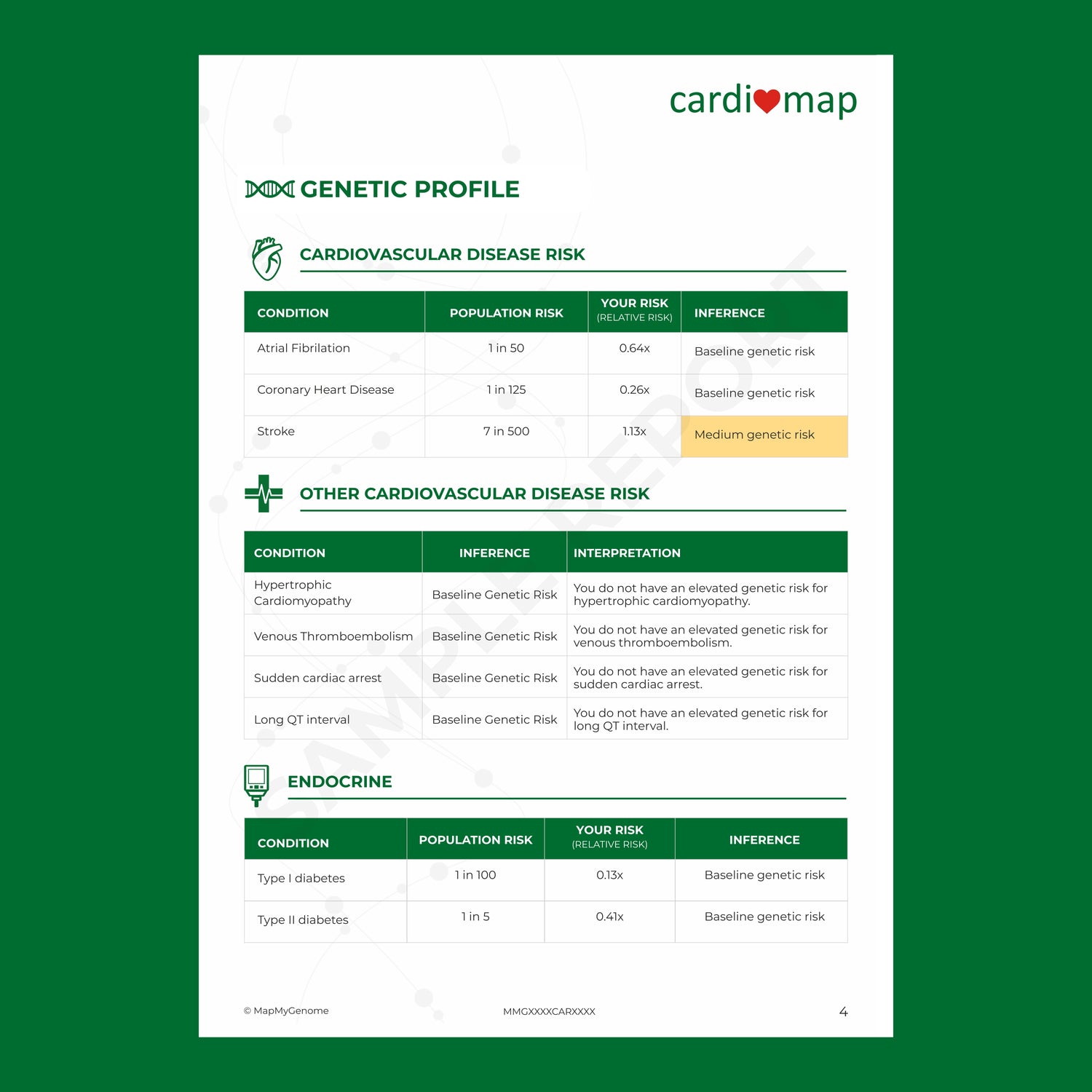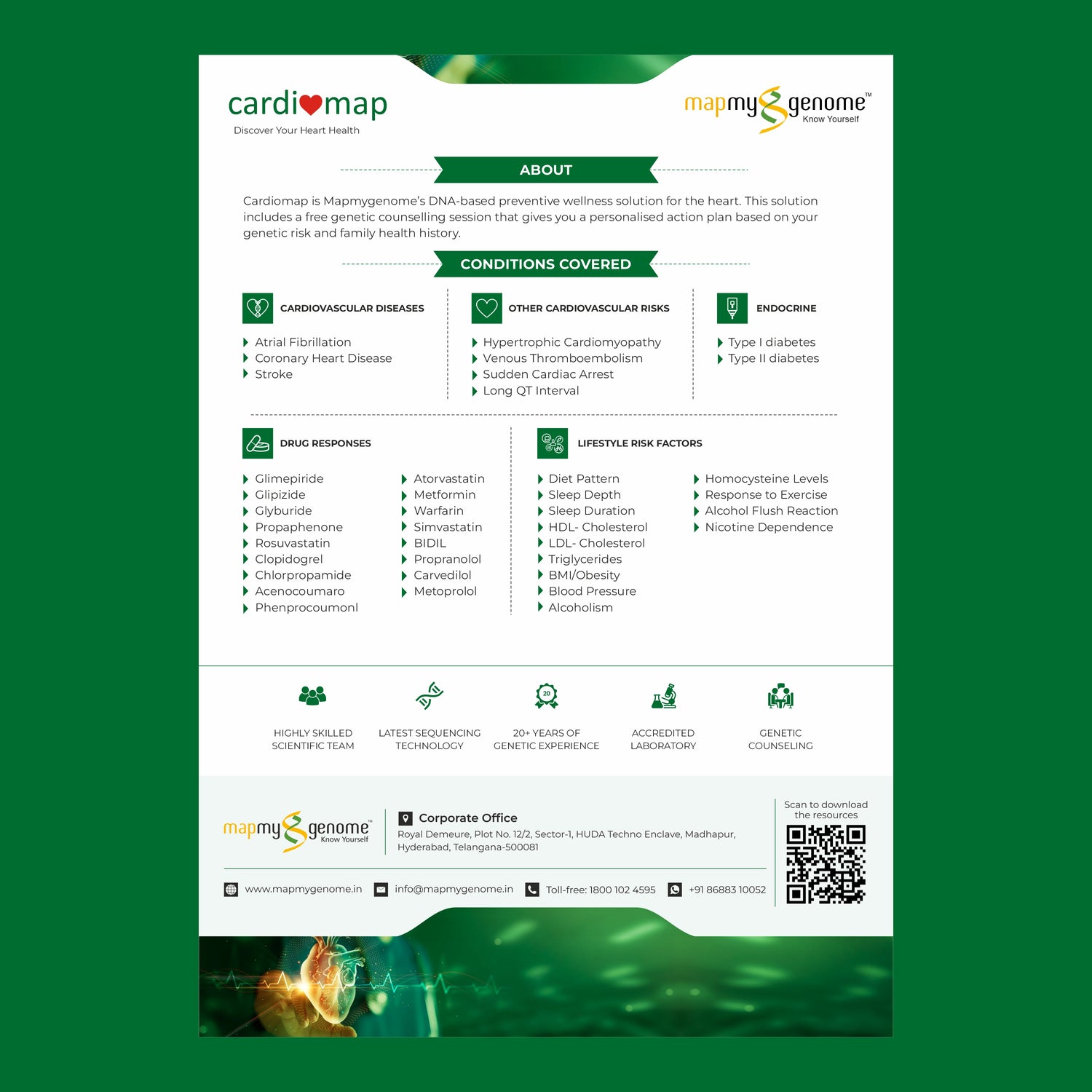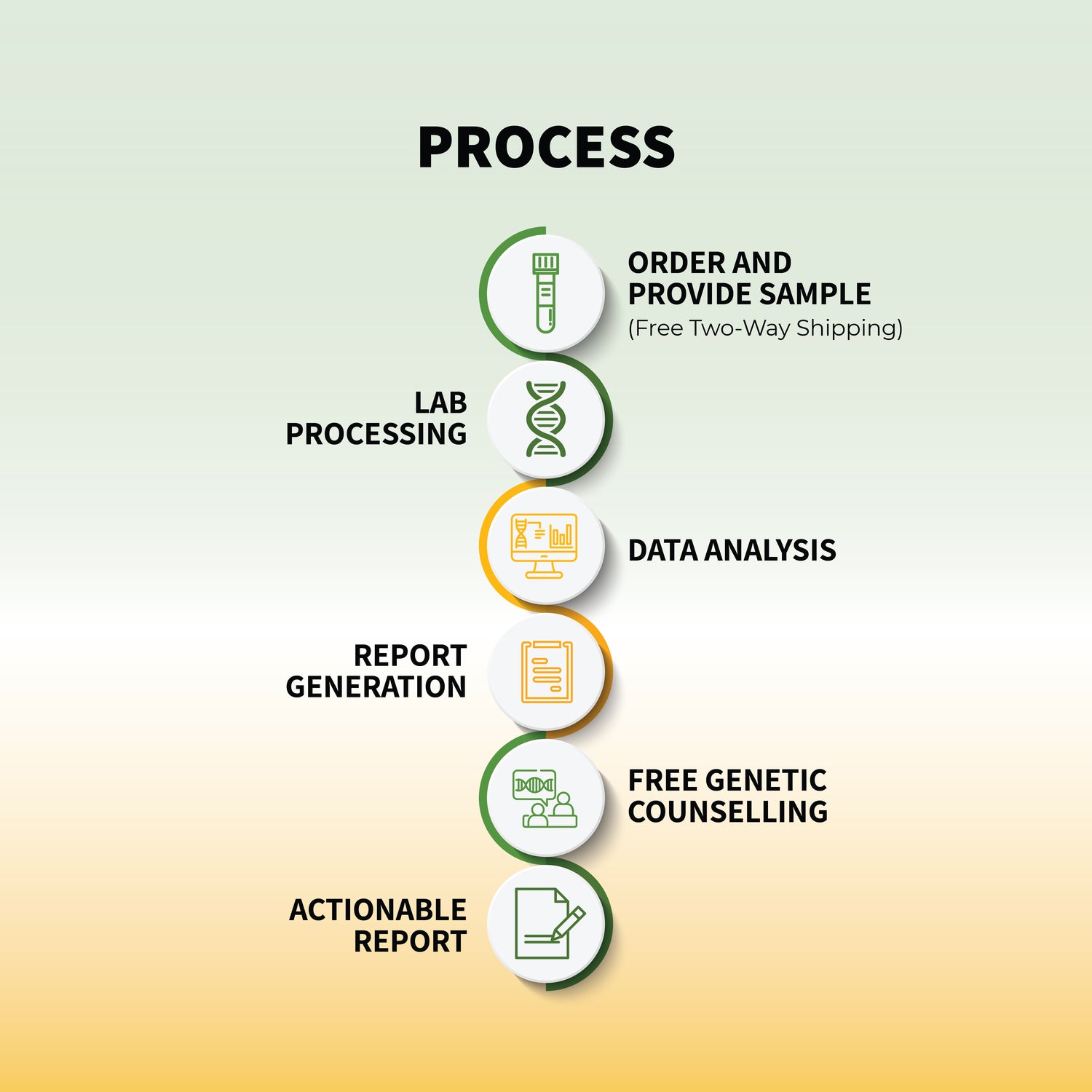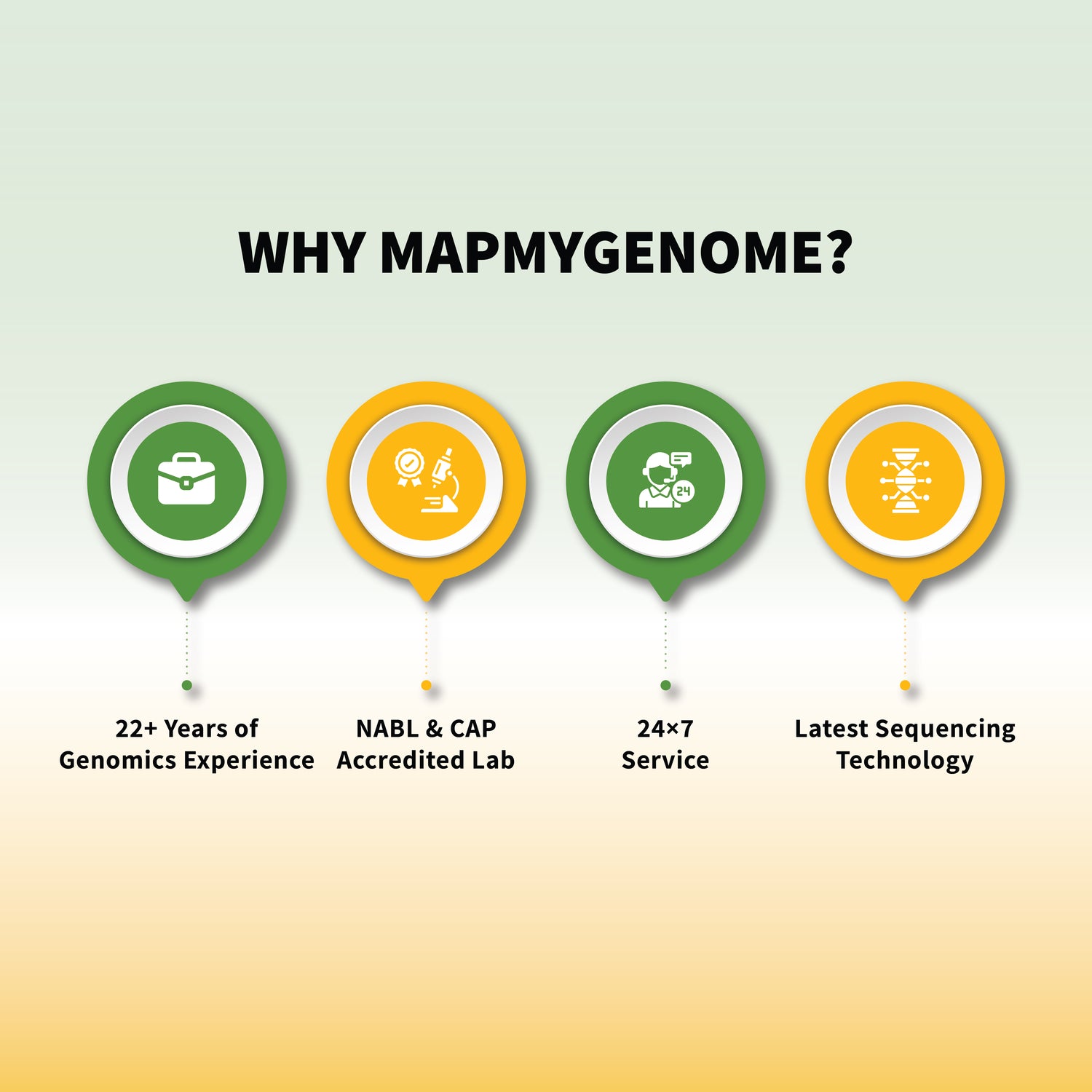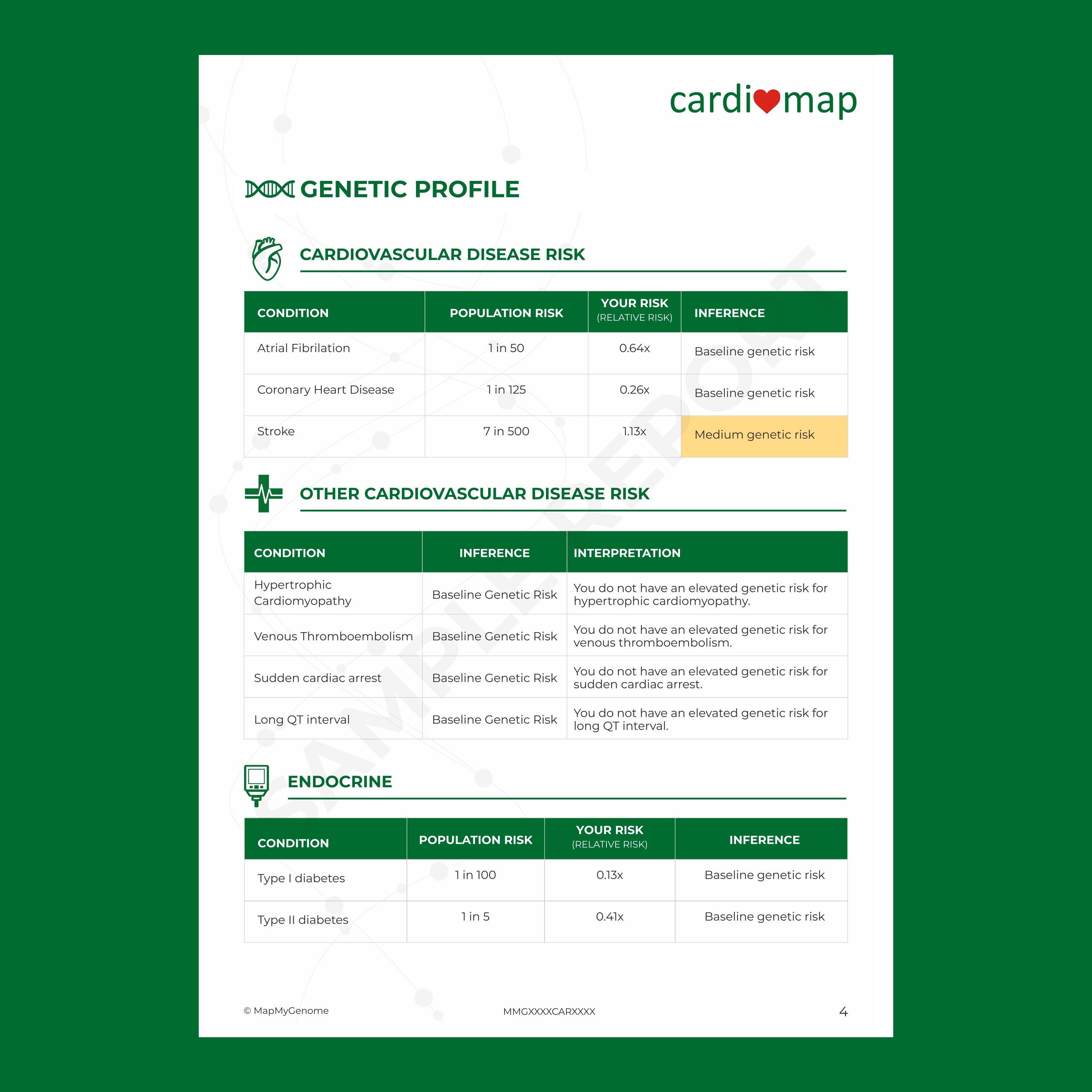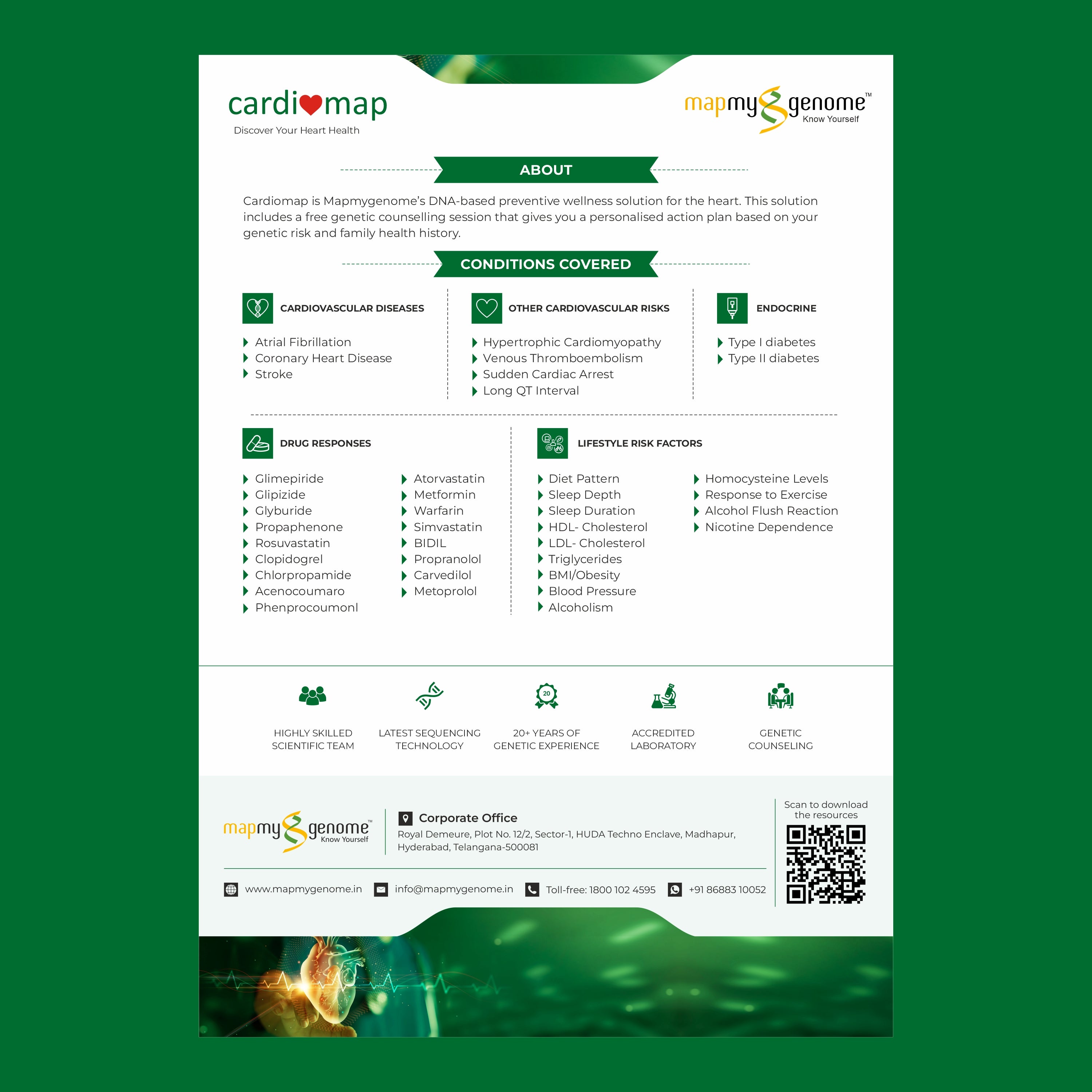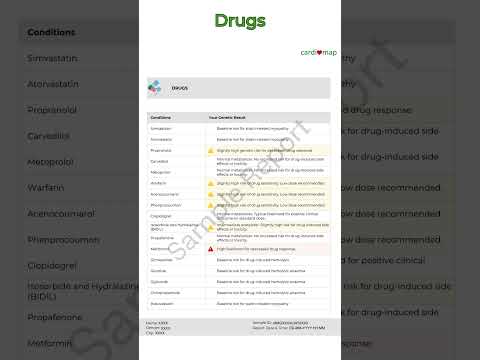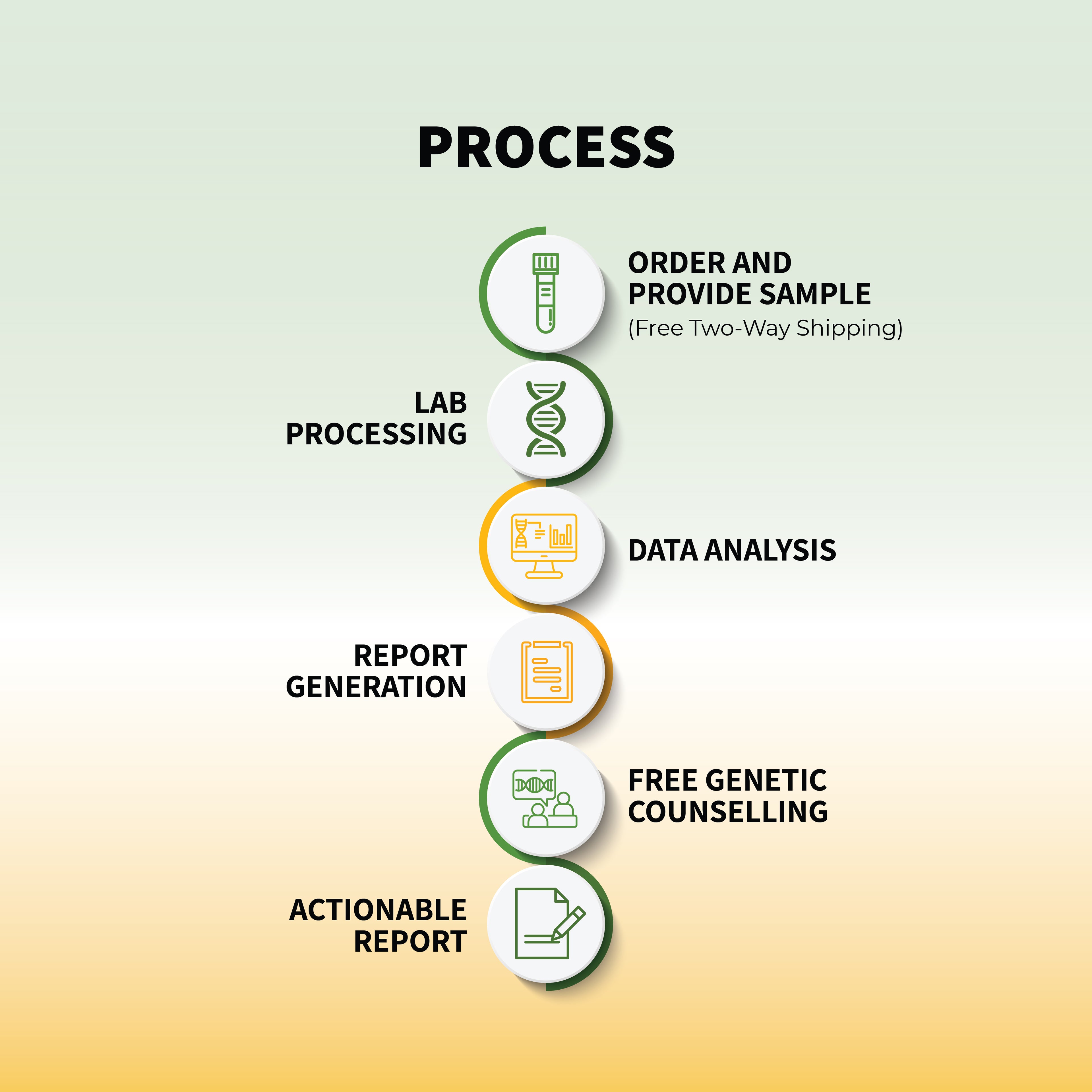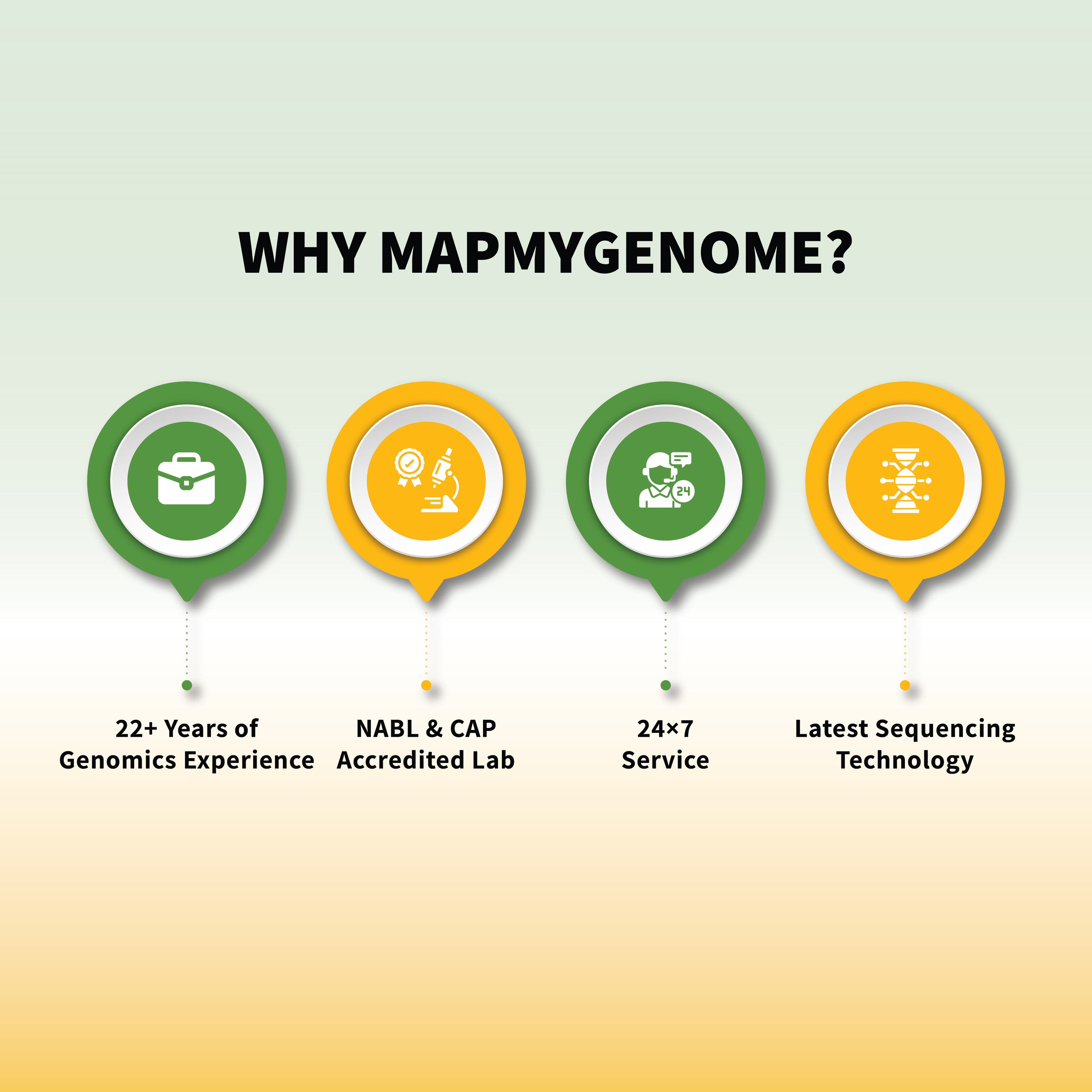हार्ट फेलियर एक गंभीर स्थिति है जो दुनिया भर में लाखों लोगों को प्रभावित करती है। समय पर हस्तक्षेप और उपचार के लिए शुरुआती चेतावनी संकेतों को पहचानना महत्वपूर्ण है। आश्चर्यजनक रूप से, कुछ लक्षण सूक्ष्म या आसानी से अनदेखा किए जा सकते हैं, खासकर सुबह के समय जब आप अपने शरीर के संकेतों के बारे में पूरी तरह से अवगत नहीं हो सकते हैं। इस ब्लॉग पोस्ट में, हम हार्ट फेलियर के चेतावनी संकेतों का पता लगाएंगे, कि सुबह के समय उन्हें क्यों अनदेखा किया जा सकता है।
हृदय विफलता को समझना
हृदय विफलता तब होती है जब हृदय कुशलतापूर्वक रक्त पंप नहीं कर पाता है, जिससे शरीर की ज़रूरतों को पूरा करने के लिए अपर्याप्त रक्त प्रवाह होता है। यह स्थिति विभिन्न अंतर्निहित समस्याओं, जैसे कोरोनरी धमनी रोग, उच्च रक्तचाप, या पिछले दिल के दौरे के परिणामस्वरूप हो सकती है। लक्षणों को जल्दी पहचानना स्थिति को प्रबंधित करने और जीवन की गुणवत्ता में सुधार करने के लिए महत्वपूर्ण है।
हृदय विफलता के सामान्य लक्षण
-
सांस लेने में कठिनाई
- यह लक्षण अक्सर शारीरिक गतिविधि के दौरान होता है, लेकिन आराम करते समय या सीधे लेटते समय भी हो सकता है। सुबह में, आप इसे बिस्तर से उठते समय और अपना दिन शुरू करते समय महसूस कर सकते हैं।
-
थकान और कमजोरी
- असामान्य रूप से थका हुआ या कमज़ोर महसूस करना, ख़ास तौर पर नियमित गतिविधियों के बाद, दिल की विफलता का संकेत हो सकता है। सुबह की थकान को सिर्फ़ खराब नींद या तनाव का नतीजा मान कर नज़रअंदाज़ किया जा सकता है।
-
सूजन (एडेमा)
- तरल पदार्थ के जमा होने के कारण टखनों, पैरों या पेट में सूजन शाम के समय अधिक ध्यान देने योग्य हो सकती है, लेकिन यदि आप सुबह अपनी त्वचा पर मोजे या जूते के कारण निशान देखते हैं, तो यह एक चेतावनी संकेत हो सकता है।
-
तेज़ या अनियमित दिल की धड़कन
- आपके दिल की धड़कन के बारे में जागरूकता, खासकर अगर यह तेज़ हो या अनियमित महसूस हो, तो यह दिल की समस्याओं का संकेत हो सकता है। यह आपकी सुबह की दिनचर्या की भागदौड़ में कम ध्यान देने योग्य हो सकता है।
-
लगातार खांसी या घरघराहट
- पुरानी खांसी या घरघराहट, जिसमें अक्सर सफेद या गुलाबी रंग का खून जैसा बलगम होता है, फेफड़ों में तरल पदार्थ के जमाव का संकेत है। सुबह-सुबह खांसी के दौरों को नज़रअंदाज़ नहीं करना चाहिए।
-
रात में पेशाब करने की आवश्यकता बढ़ जाना
- रात के समय बार-बार पेशाब आना हार्ट फेलियर का एक सूक्ष्म संकेत हो सकता है। आप सुबह उठते समय थका हुआ महसूस कर सकते हैं और इसे किसी अंतर्निहित हृदय संबंधी समस्या के बजाय नींद में व्यवधान के कारण मान सकते हैं।
-
ध्यान केंद्रित करने में कठिनाई या भ्रम
- रक्त प्रवाह में कमी मस्तिष्क को प्रभावित कर सकती है, जिससे एकाग्रता संबंधी समस्याएं या भ्रम की स्थिति पैदा हो सकती है, जो सुबह अपने दिन की योजना बनाते समय अधिक स्पष्ट हो सकती है।
सुबह के लक्षणों को क्यों नज़रअंदाज़ किया जा सकता है?
सुबह का समय अक्सर काम के लिए तैयार होने, नाश्ता बनाने और घर के काम निपटाने जैसी गतिविधियों से भरा होता है। इस भागदौड़ के कारण आप सूक्ष्म लक्षणों को अनदेखा या अनदेखा कर सकते हैं। इसके अतिरिक्त, कुछ लक्षणों को सामान्य सुबह की सुस्ती या तनाव समझ लिया जाता है, जिससे पहचान और हस्तक्षेप में देरी होती है।
हृदय स्वास्थ्य के लिए आनुवंशिक परीक्षण: मैपमायजीनोम द्वारा कार्डियोमैप
आनुवंशिक परीक्षण हृदय संबंधी बीमारियों के प्रति आपकी प्रवृत्ति के बारे में मूल्यवान जानकारी प्रदान कर सकता है। मैपमायजीनोम का कार्डियोमैप एक व्यापक परीक्षण है जो हृदय विफलता सहित हृदय रोगों के संभावित जोखिमों की पहचान करने के लिए आपके आनुवंशिक मेकअप की जांच करता है। कार्डियोमैप कैसे मदद कर सकता है:
-
व्यक्तिगत जोखिम मूल्यांकन
- कार्डियोमैप आपके आनुवंशिक डेटा का विश्लेषण करके विभिन्न हृदय स्थितियों के लिए आपके जोखिम का आकलन करता है। अपनी आनुवंशिक प्रवृत्ति को समझने से आप अपने हृदय स्वास्थ्य के प्रबंधन में सक्रिय कदम उठा सकते हैं।
-
जल्दी पता लगाने के
- हृदय विफलता और अन्य हृदय संबंधी रोगों से जुड़े आनुवंशिक मार्करों की पहचान करके, कार्डियोमैप लक्षणों के गंभीर होने से पहले संभावित समस्याओं का पता लगाने में मदद कर सकता है।
-
अनुकूलित स्वास्थ्य योजनाएँ
- आपकी आनुवंशिक प्रोफ़ाइल के आधार पर, आप हृदयाघात और अन्य हृदय संबंधी स्थितियों के जोखिम को कम करने के लिए आहार, व्यायाम और जीवनशैली में बदलाव के लिए अनुरूप सिफारिशें प्राप्त कर सकते हैं।
-
सूचित चिकित्सा निर्णय
- आनुवंशिक जानकारी से लैस होकर, आप और आपके स्वास्थ्य सेवा प्रदाता निवारक उपायों, जांच और उपचार के बारे में सूचित निर्णय ले सकते हैं।
कार्डियोमैप कैसे काम करता है
-
नमूना संग्रह
- एक साधारण लार या रक्त का नमूना एकत्र किया जाता है और विश्लेषण के लिए मैपमाइसीनोम की प्रयोगशाला में भेजा जाता है।
-
आनुवंशिक विश्लेषण
- नमूने का हृदय स्वास्थ्य से जुड़े आनुवंशिक मार्करों के लिए विश्लेषण किया जाता है, जिससे आपके जोखिम कारकों की विस्तृत रिपोर्ट मिलती है।
-
व्यापक रिपोर्ट
- आपको एक व्यापक रिपोर्ट प्राप्त होगी जिसमें विभिन्न हृदय स्थितियों के प्रति आपकी आनुवंशिक प्रवृत्ति के बारे में बताया जाएगा, साथ ही कार्यान्वयन योग्य सिफारिशें भी दी जाएंगी।
-
आनुवांशिक परामर्श
- मैपमाइसीनोम आपको अपने परिणामों को समझने और अपने स्वास्थ्य के बारे में सूचित निर्णय लेने में मदद करने के लिए आनुवंशिक परामर्श प्रदान करता है।
अपने हृदय स्वास्थ्य के लिए कदम उठाना
हृदय विफलता को रोकने और प्रबंधित करने के लिए प्रारंभिक पहचान और सक्रिय प्रबंधन महत्वपूर्ण है। यहाँ कुछ कदम दिए गए हैं जिन्हें आप उठा सकते हैं:
-
लक्षणों पर नज़र रखें
- अपने शरीर में होने वाले सूक्ष्म बदलावों पर ध्यान दें, खास तौर पर सुबह के समय। किसी भी लगातार समस्या को ट्रैक करने के लिए एक लक्षण डायरी रखें।
-
नियमित जांच
- अपने हृदय के स्वास्थ्य पर नजर रखने और किसी भी समस्या को जल्दी पकड़ने के लिए अपने स्वास्थ्य सेवा प्रदाता से नियमित जांच करवाते रहें।
-
स्वस्थ जीवन शैली
- हृदय को स्वस्थ रखने वाली जीवनशैली अपनाएं, जिसमें संतुलित आहार, नियमित व्यायाम, धूम्रपान और अत्यधिक शराब के सेवन से बचना शामिल है।
-
कार्डियोमैप का उपयोग करें
- अपने हृदय स्वास्थ्य के बारे में जानकारी प्राप्त करने के लिए कार्डियोमैप के साथ आनुवंशिक परीक्षण कराने पर विचार करें और अपने परिणामों के आधार पर सक्रिय कदम उठाएं।
निष्कर्ष
हार्ट फेलियर के शुरुआती चेतावनी संकेतों को पहचानना, खासकर वे जो सुबह के समय नज़रअंदाज़ हो सकते हैं, समय पर हस्तक्षेप और प्रभावी प्रबंधन के लिए महत्वपूर्ण है। मैपमायजीनोम के कार्डियोमैप के साथ जेनेटिक परीक्षण आपके हृदय स्वास्थ्य की व्यापक समझ प्रदान कर सकता है, जिससे आप अपने स्वास्थ्य की रक्षा के लिए सक्रिय कदम उठा सकते हैं। लक्षणों के बिगड़ने का इंतज़ार न करें - ज्ञान के साथ खुद को सशक्त बनाएँ और आज ही अपने हृदय स्वास्थ्य पर नियंत्रण पाएँ।




